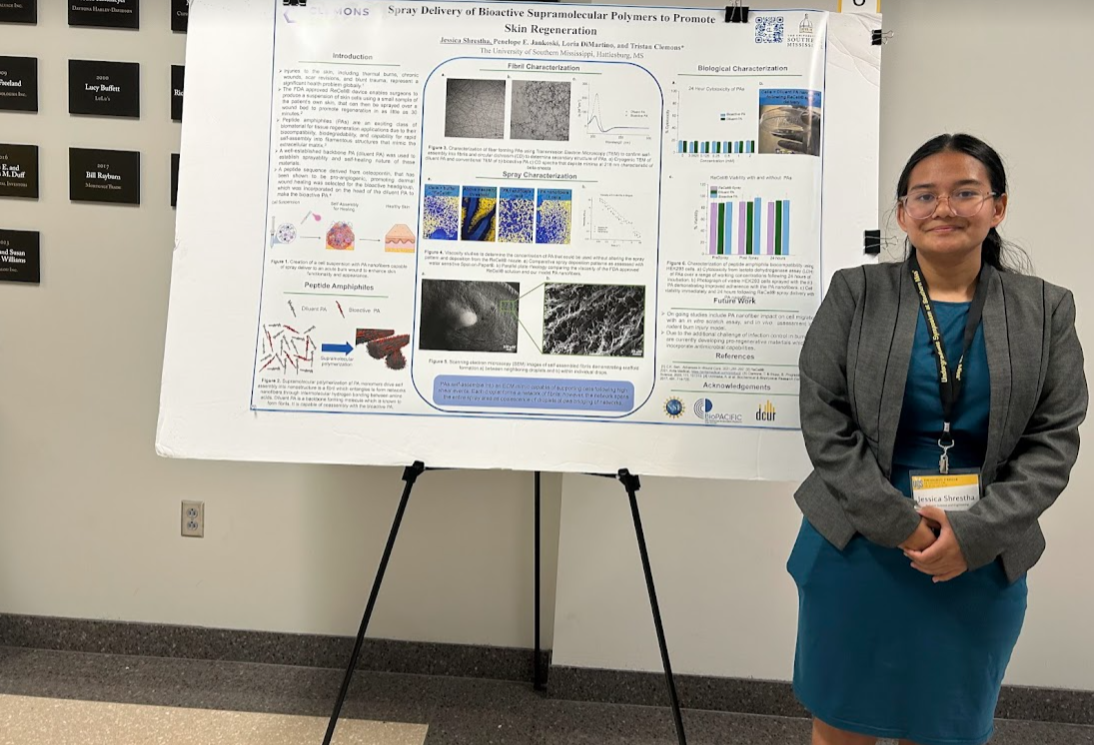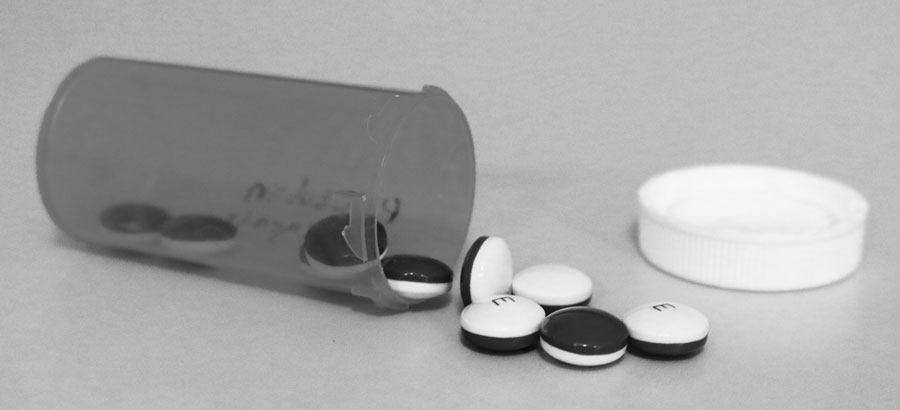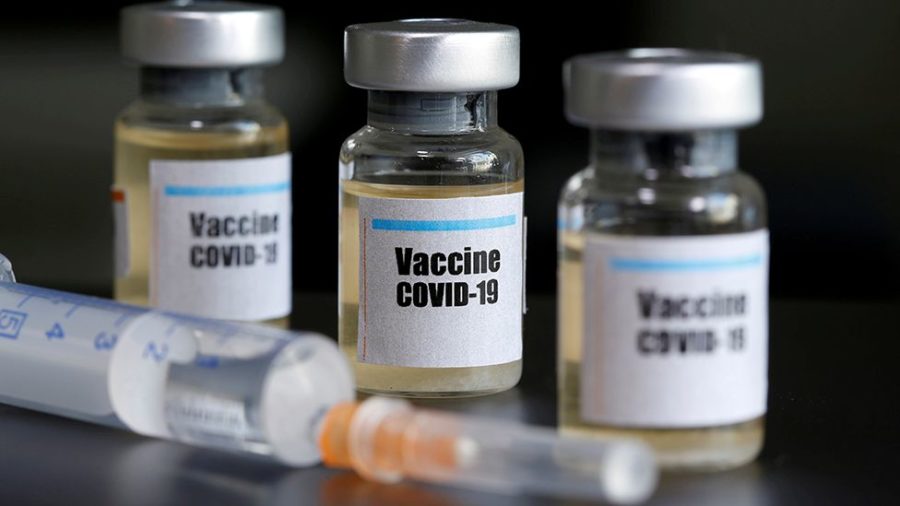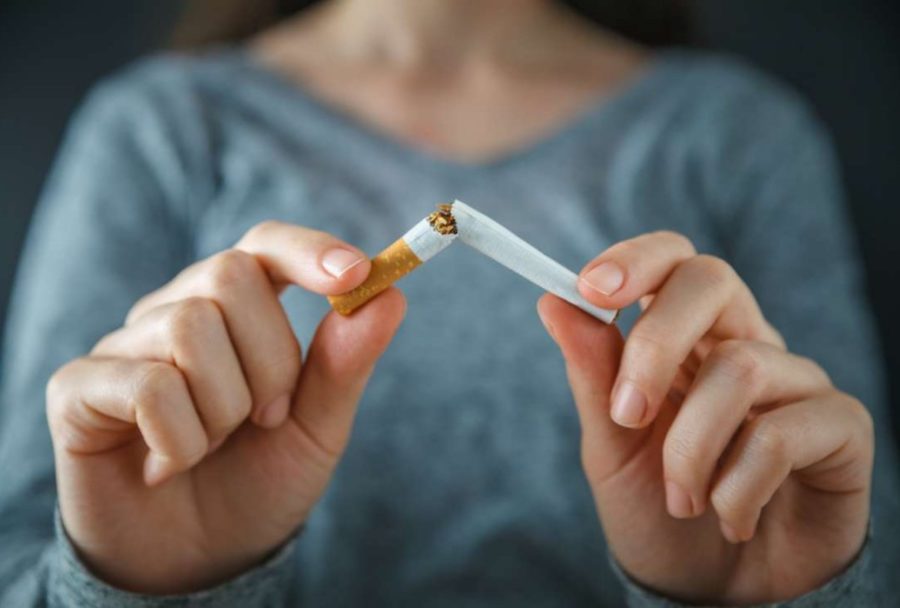Raevin Wade, a 19-year-old full time college student at the University of Southern Mississippi, sometimes lacks the motivation to get out of bed and go to her classes. Her appetite decreases, she feels lethargic and has difficulty self-starting. Raevin is one of many college students experiencing a mental illness that according to the American College Health association, nearly 30% of college students have experienced in the past year… depression.
Depression is one of the most common mental illnesses that college students face. According to the 2013 National College Health Assessment, one third of college students deal with depression. Depression continues to rise. How bad is the problem? What are the implications? What are healthy coping mechanisms students can use?
Depression is a chemical imbalance in the brain that makes it difficult for an individual to function. There are several factors that contribute to depression. These factors range from genetics to hormonal changes.
Students are faced with the challenge of not only going to college but deciding on their identity, becoming autonomous, and exploring relationship building. All of these factors can cause a student to become overwhelmed.
Depression is getting worse according to Deena Crawford, the director of the USM student counseling services. She stated that the number of students that report depression is rising each year. She mentions how stigma and generational factors also play a part in students coming forward.
“What is really happening is that students have better help-seeking behaviors and do not have as much stigma around mental health issues so there is more demand for services. In addition, the current generation have expectations of immediate gratification and do not have a lot of distress tolerance skills,” Crawford said.
There are numerous implications of depression. Mat Quin, a counselor at USM student counseling services, said, “Students having to leave school because production and motivation to even get out of bed is non-existent. That could also have financial costs for the students because they’ve already taken out student loans. Depression can also have ramifications when it comes to relationships. Isolation is a symptom of depression. Depression does impact a person’s life in all areas.”
Psychologytoday.com cites sleep deprivation as one of the most common implications of depression. College students get an average of 6 hours of sleep a night. Sleep deprivation can cause students to lack concentration and disrupt the learning process.
The most serious implication of depression in college students is suicide. Suicide rates in college have tripled since the 1950s according to the American College Health Association. “I’m currently unmedicated, because my current coping mechanisms have been efficient. I also attend therapy regularly. I was hospitalized after two attempted suicides,” Wade said.
There are several resources students can turn to before their depression reaches this point. There are plenty of options students have when it comes to the treatment of their depression. From therapy medicine, students are given a variety of options. Not only can students take advantage of the counseling center on USM campus, but students can develop their own healthy coping mechanism.
Wade, who has dealt with depression for seven years stated that her favorite coping mechanism is helping others. “I’ve developed multiple platforms where I am capable of speaking to others about my struggles, thereby helping them through theirs or at the very least, showing them they’re not alone,” Wade said.
Quin recommended that a student’s best coping mechanism for depression is exercise. “The number one thing to do is exercise. Get moving. Getting more sunlight and a regular sleep schedule are some of the basic things you can do to make the biggest changes. Don’t be afraid to seek help,” Quin said.
Crawford states that students can talk to a professional to get back on track if they find themselves skipping classes or having issues with concentration. “The symptom I focus on is called anhedonia –the inability to enjoy things you usually enjoy. Big red flag for college students. It is important to reach out and get help if you are having suicidal thoughts. Talk to someone. Suicide is a permanent solution to temporary problems,” Crawford said.
USM students, who are clients of USM student counseling services, can take advantage of therapist assistant online. The online resource offers visual imagery, information on mental health, and the option to meet a counselor online.
Crawford also encourages students to practice healthy habits to combat depression. “Brain chemistry and genetics play a part, but environment also plays a role. Healthy habits such as a good sleep, nutrition and handling stress effectively will affect how much the depression interrupts your life. Less drama always helps,” Crawford stated.




































